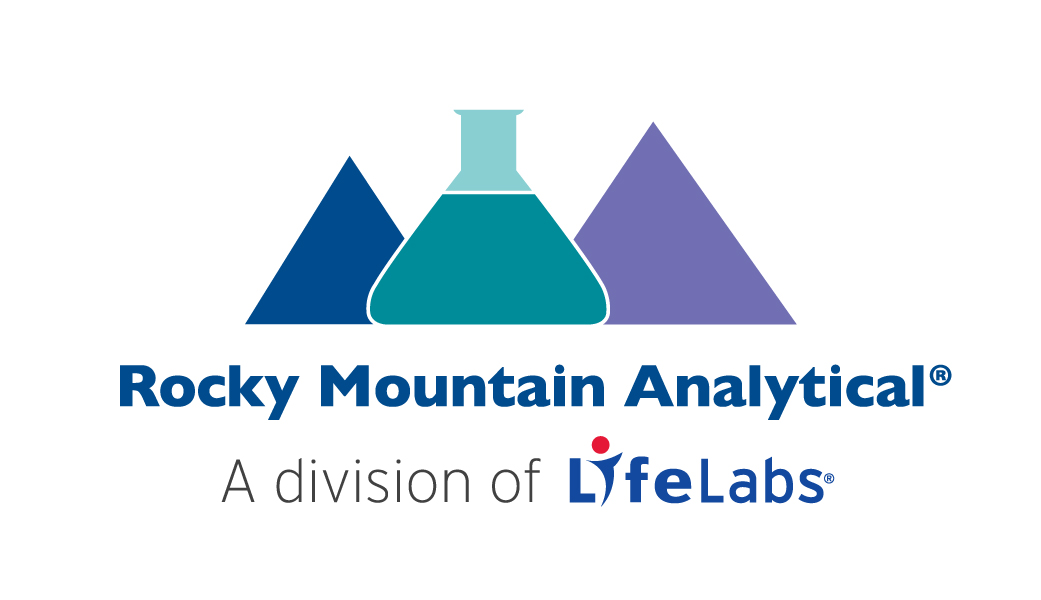The holidays are a great time to unwind with family and friends, but catching a cold can really put a damper on your spirits. Ensuring you have a strong immune system can help your body ward off any germs that come your way, so you can make the most of the holiday hoopla.
The body’s ability to resist infection and disease is hindered by a long-term deficiency in essential vitamins and minerals. Iodine, a trace element that is naturally present in some foods, can greatly affect the immune system due to the role it plays in thyroid function and your inflammatory response. Accumulating evidence suggests close communication and regulation between the thyroid hormones and immune systems. Thyroid hormones can exert responses in various immune cells, affecting several inflammation-related processes.(1)
A lack of iodine can make it difficult to properly detoxify the body. Iodine has many non-endocrine biologic effects, including the role it plays in the physiology of the inflammatory response. Iodides increase the movement of granulocytes into areas of inflammation and improve the ability of granulocytes to engulf and destroy bacteria.(2)
Iodine is also an essential component of the thyroid hormones thyroxine (T4) and triiodothyronine (T3). These hormones regulate many important biochemical reactions, and are critical determinants of metabolic activity.(3,4) Selenium, another trace element that is available via some foods, plays a key role in the conversion of T4 to T3 and strongly influences inflammation and immune responses.(5)
During acute infection, inflammatory mediators released into the circulation would stimulate the conversion of T4 to T3, in turn decreasing thyroid hormone output. Physiologically, this would initiate and sustain an overall condition of curtailed metabolic activity and energy conservation to encourage rest and recovery. Once the infection is under control, the immune system would provide a signal that would lead to an adjustment in thyroid hormone activity along with recovery in metabolic activity. This system offers the added advantage, particularly during times of acute infection, of drawing upon the inherent power of the immune system into the process of metabolic regulation.(6)
If you have concerns about your thyroid function, your iodine and selenium levels, or any other health concerns discussed here, talk to your healthcare professional about the testing options available.
References:
- Jara EL et al. Modulating the function of the immune system by thyroid hormones and thyrotropin. Immunology Letters. April 2017. 184:76-83.
- Stone OJ. The role of the primitive sea in the natural selection of iodides as a regulating factor in inflammation. Med Hypotheses. 1988. 25:125-129.
- National Research Council, Committee to Assess the Health Implications of Perchlorate Ingestion. Health Implications of Perchlorate Ingestionexternal link disclaimer. Washington, DC: The National Academies Press, 2005.
- Institute of Medicine, Food and Nutrition Board. Dietary Reference Intakes for Vitamin A, Vitamin K, Arsenic, Boron, Chromium, Copper, Iodine, Iron, Manganese, Molybdenum, Nickel, Silicon, Vanadium, and Zincexternal link disclaimer. Washington, DC: National Academy Press, 2001
- John RA et al. Selenium in the Immune System. J. Nutr. May 1, 2003 133: 5:1457S-1459S.
- Klein JR. The Immune System as a Regulator of Thyroid Hormone Activity. Exp Biol Med (Maywood). 2006 Mar; 231(3): 229–236.
